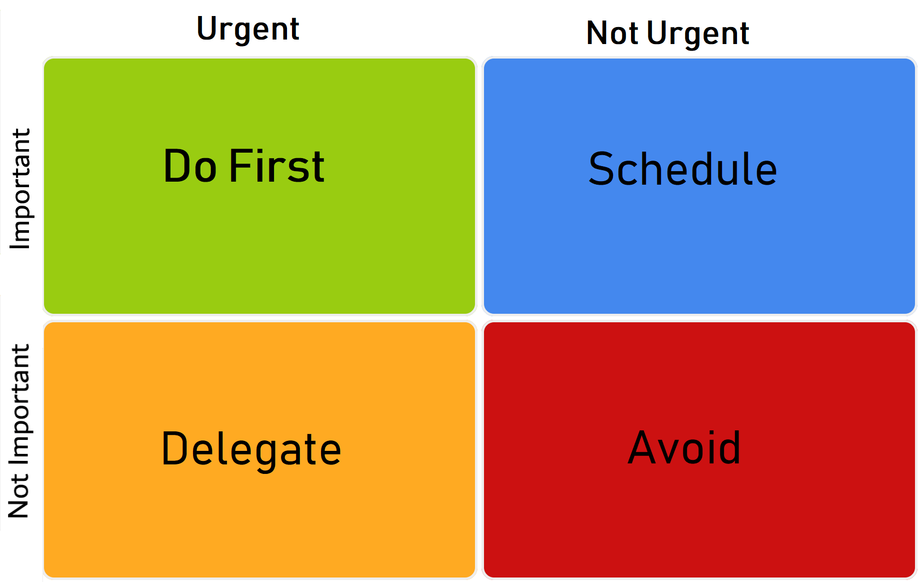March 21, 2020
Mornings are the most important time of the day, and morning routines help you have a sense of purpose and peace, It’s one of the most rewarding habits to develop.
When I was young, I used to pull all nighters. I always woke up tired and felt sapped by mid-day. I was lucky if I only drank 4-5 cups of coffee daily. As soon as night set in, I would retire into my coach watching TV, studying, working on the computer or calling friends. This would trick my body that I was resting, but my mind was working at capacity and I would easily pull an all nighter without realizing. And of course sometimes with the help of more coffee. The more I did this, the worse my performance and productivity during the day got. I can remember the exams I got with perfect scores and the only attribute they shared was that I had a good nights sleep. I believe it at least added 15-20 points on my final scores.
Now that I have graduated and started working as doctor and a medical director at Kismayo Medical Center, I believe I needed to step up my morning routine game. People depend on me, patients and colleagues to work at optimal mental capacity. Here is my morning routine for most of my days except Fridays, which is a weekend for me.
Morning Routine
05:00 - 05:30 a.m - Wake up and go to the mosque to pray Fajr.
05:30 - 06:00 a.m - I try to call hospital night shift staff to inform me of any overnight events, start reviewing hospital CAM videos. I make coffee and check my email to read anything that came overnight.
06:00 - 06:30 a.m - I study my flashcards, around 25 of them and try to review my university class slides for that afternoon class.
06:30 - 07:30 a.m - Personal care and breakfast. Sometimes I leave early to see patients at the emergency room.
07:30 - 08:00 a.m - Go to hospital, check patient charts from last night and talk with my other colleague about the cases and patients.
08:00 - 09:00 a.m - Morning rounds at the hospital, depends on number of admitted patients. Could go as long as 1 hour or sometimes less than a minute. If morning rounds are short, we hold staff meetings and one-on-one meeting with staff.
09:00 - 01:00 p.m - Outpatient consultations, emergency room consultations and inpatient admissions and discharges. This is our bread and butter and 90% of my work is done these times.
01:00 - 01:30 p.m - Lunch time and prayers.
01:30 - 3:30 p.m - University class lecture. If I don’t have a lecture for that afternoon, I handle my task lists.
03:30 - 04:00 p.m - Prayer and traveling back to the hospital.
04:00 - 07:00 p.m - See follow up patients at outpatient clinic and attend some emergency cases. I also hold meetings with our hospital department directors 3 times a week for 1 hour each.
07:00 - 08:30 - Personal time, dinner and meeting friends. Once a week I try to go to a stakeholder meeting, and mostly on Thursdays.
08:30 - 10:00 - Do some personal study, either on medical literature or some certifications or exams. I also prepare my university lecture slides.
As you can see my routine is a bit hectic and really depends on a lot of moving parts which I hold no control over, like the amount of patient I see or the order in which I do these tasks. Sometimes, you can be called in the middle of the night into the emergency room and could easily spend 3 hours stabilizing and caring for a patient. However, I try to prioritize my tasks in the following order using the Eisenhower matrix;

Do First
Do first - Patient tasks and university lectures
Ask any doctor, his number one priority is his/her patients. Everything is a standstill when a patient needs my care. At first, it’s frustrating but once you get used to, it kinda feels special. I also try to give all my lectures on time and only miss them for extreme circumstances such as attending emergency surgeries or caring for ICU patients.
Schedule
Schedule - Follow up patients, staff meetings and some personal stuff.
I schedule all other hospital tasks and attend to them as soon as time allows, sometimes I blend them with as soon as I free up from patient tasks.
Delegate
Delegate - Morning rounds, patient admission and discharge, department head meetings and daily tasks.
Delegation is an art form, it’s a balancing act in that you need to make sure you are not neglecting your duties by pushing your responsibilities into others and at the same time trusting others to do your work. If you fail at the first one, you will fail miserably at the second one.
Avoid
Avoid - Hobbies, going out for food and phone calls.
I really hate people who make phone calls while a patient is in need of their service; looking at you nurses. It just reeks of negligence at best and outright cruelty at worst. I can’t even stand some senior doctors picking up their phones while doing surgery.
Finally, a morning routine is just a routine. It doesn’t replace your calendar, the bad habits you picked up or even your responsibilities. Don’t act as though it’s be all and end all or a magic bullet point to fix your woes. It’s something you work at everyday, somethings that compliments your work and your approach towards life.
What I Would Wish to Change?
I wish I could have more control over how my day goes, I wish I could trust more people to help me do my job effectively.